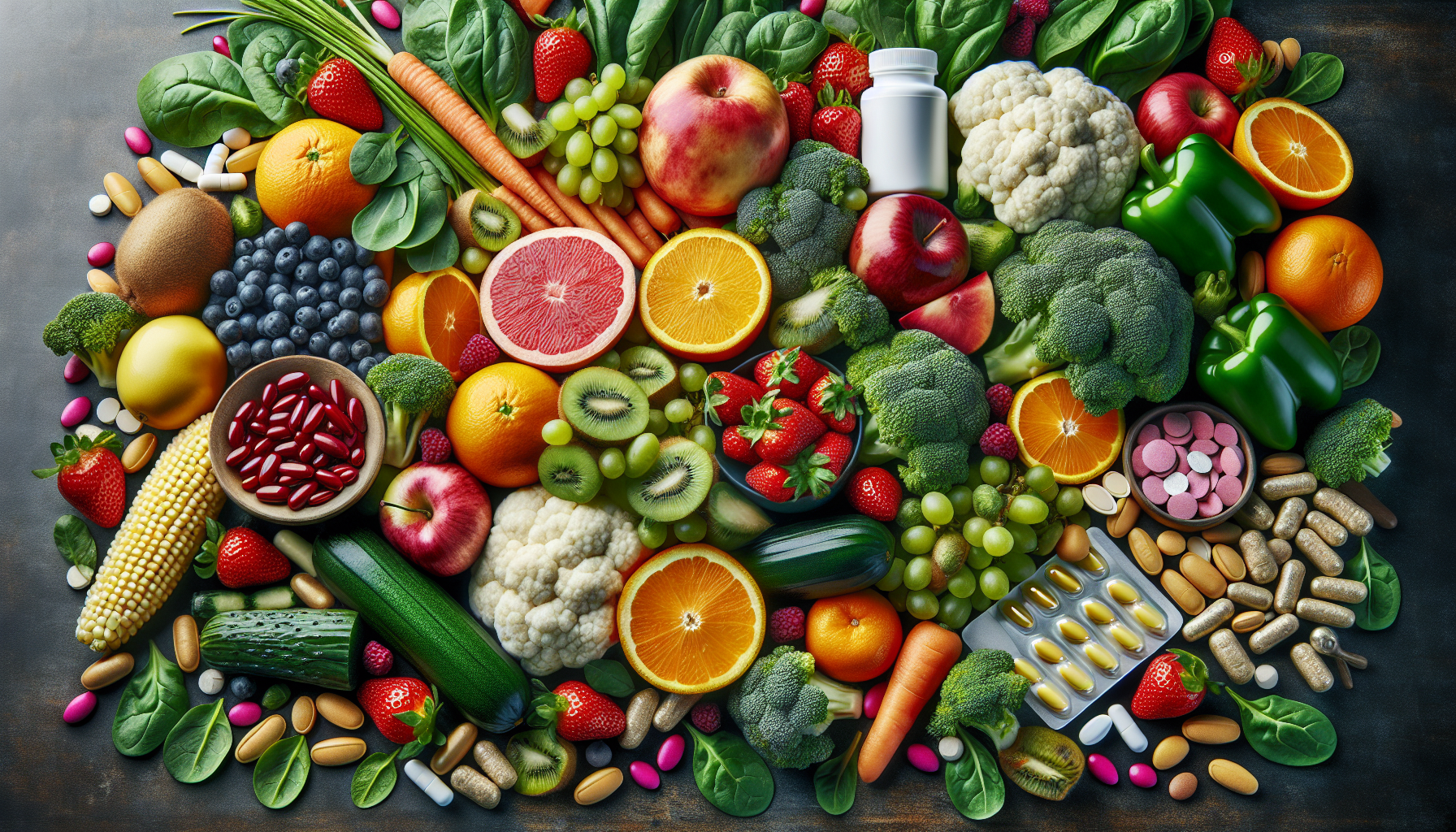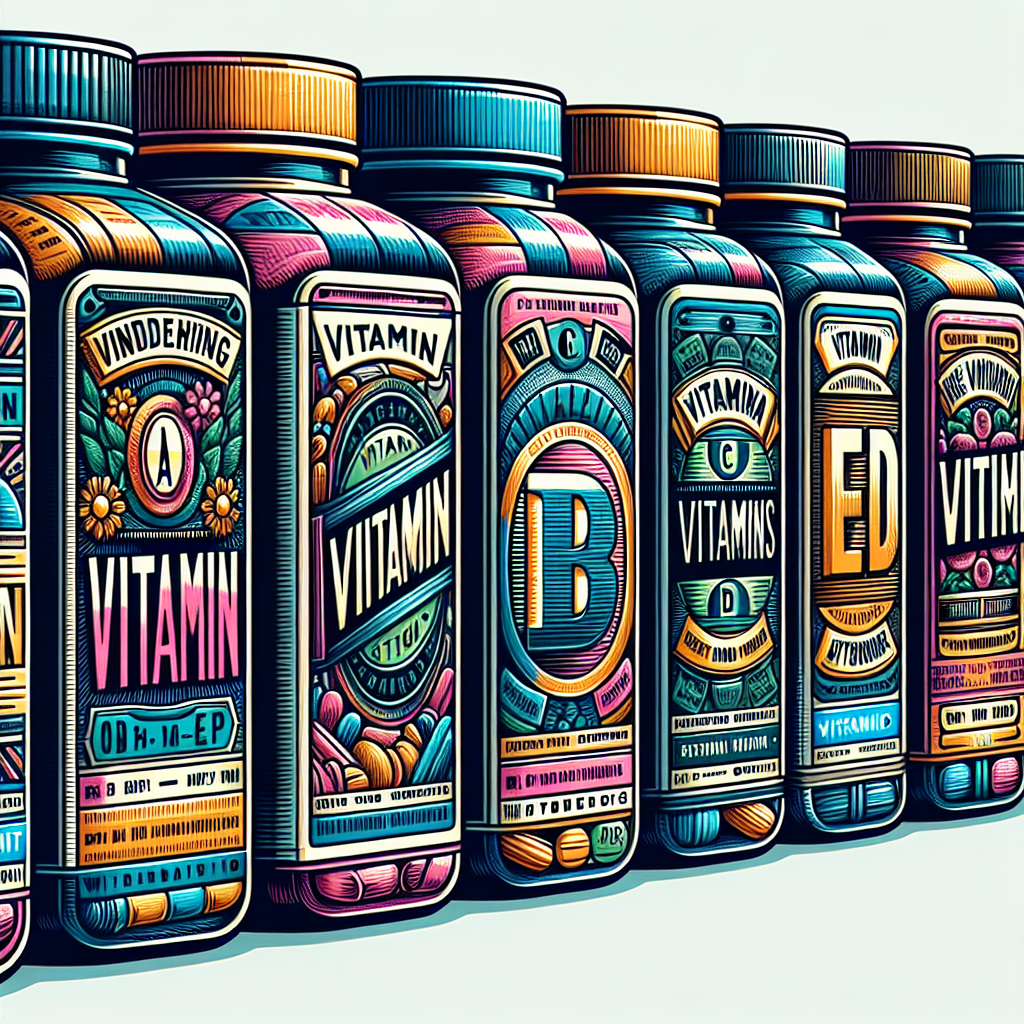Nutrition plays a critical role in every stage of a woman’s life. As the body evolves from adolescence through childbearing years and into menopause, the nutritional requirements change. Understanding and addressing these needs with the right vitamins and supplements can significantly impact overall well-being. This comprehensive guide will explore the essential vitamins necessary for women at various life stages, underscore the importance of diet and lifestyle, and point to high-quality resources for further reading.
Adolescence: Building the Foundation
The teenage years are a time of rapid growth and development. During this period, young women need a wealth of nutrients to support bone growth, hormonal changes, and brain development.
Calcium and Vitamin D
Calcium is essential for developing strong bones, which is crucial during adolescence when peak bone mass is achieved. Vitamin D is equally important as it helps the body absorb calcium. Without enough vitamin D, the risk for bone diseases like osteoporosis later in life increases.
Learn more about bone health here.
Iron
Iron is another critical nutrient for adolescent girls, especially once menstruation begins. Iron supports the production of hemoglobin, which carries oxygen in the blood. An iron deficiency can lead to anemia, characterized by fatigue and weakness.
Vitamin A and Zinc
Vitamin A is vital for good vision, skin health, and immune function. Zinc supports the immune system, helps the body heal wounds, and is necessary for taste and smell.
Explore the role of diet and nutrition in medication efficacy.
Reproductive Years: Nourishing for Two
During the childbearing years, women’s nutritional needs can shift, especially if pregnancy occurs.
Folic Acid
Folic acid is crucial before conception and during early pregnancy to prevent neural tube defects in the developing fetus. It’s recommended that all women of childbearing age take a daily supplement of folic acid.
Iron and Iodine
Pregnant women need more iron to support the increased blood volume and to provide for the growing baby. Iodine is also essential during pregnancy to support the baby’s brain development.
Understand the importance of medication safety for pregnant and nursing mothers.
Menopause and Beyond: Maintaining Balance
As women approach menopause, the decrease in estrogen levels can affect bone density and cardiovascular health.
Vitamin D and Calcium
Postmenopausal women often need more vitamin D and calcium to maintain bone strength and prevent osteoporosis.
Vitamin B12
With age, the body becomes less efficient at absorbing vitamin B12, which is essential for nerve function and the production of DNA and red blood cells.
Discover more about the role of pharmacists in supplement education and safety.
Lifestyle Factors and Supplementation
While vitamins are crucial, a balanced diet and healthy lifestyle are the foundations of good health. Exercise, sleep, and stress management also play significant roles in maximizing the benefits of vitamins and supplements.
Learn how stress can impact medication and supplement efficacy.
External Resources for Further Reading
- The National Institutes of Health Office of Dietary Supplements offers a fact sheet for professionals on calcium, providing in-depth information on the mineral’s importance, recommended intakes, sources, and more.
- For a deeper understanding of iron’s role in the body and its importance during adolescence, the World Health Organization’s guidelines on anemia provide valuable insights.
- The American Pregnancy Association has detailed information on prenatal vitamins and their importance for a healthy pregnancy.
Choosing Quality Supplements
When choosing supplements, quality is paramount. Look for products that have been independently tested for purity and potency.
Understand how to choose quality supplements and avoid fakes.
In conclusion, while the specific vitamin needs of women can vary based on life stage, the universal truth is that a balanced approach to nutrition is essential. By focusing on a diet rich in fruits, vegetables, lean proteins, and whole grains, and supplementing where necessary, women can support their health through all the seasons of life. It’s always recommended to consult with a healthcare provider before starting any new supplement regimen to ensure it aligns with individual health needs and conditions.



